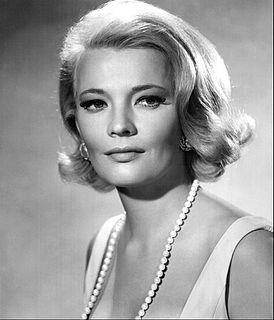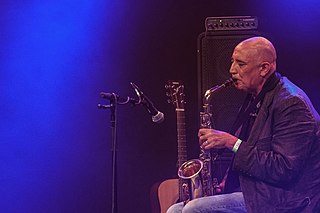A Quote by Wilfred Owen
Do you know what would hold me together on a battlefield? The sense that I was perpetuating the language in which Keats and the rest of them wrote!
Related Quotes
I imagined Kandinsky's mind, spread out all over the world, and then gathered together. Everyone having only a piece of the puzzle. Only in a show like this could you see the complete picture, stack the pieces up, hold them to the light, see how it all fit together. It made me hopeful, like someday my life would make sense too, if I could just hold all the pieces together at the same time.
Nature is a language and every new fact one learns is a new word; but it is not a language taken to pieces and dead in the dictionary, but the language put together into a most significant and universal sense. I wish to learn this language - not that I may know a new grammar, but that I may read the great book which is written in that tongue.
One of my favorite literary theorists, Mikhail Bakhtin, wrote that the defining characteristic of the novel is its unprecedented level of "heteroglossia" - the way it brings together so many different registers of language. He doesn't mean national languages, but rather the sublanguages we all navigate between every day: high language, low language, everything. I think there's something really powerful about the idea of the novel as a space that can bring all these languages together - not just aggregate them, like the Internet is so good at doing, but bring them into a dialogue.
I know that some subjective experiences of sex are very firm and fundamental, even unchangeable. They can be so firm and unchanging that we call them "innate". But given that we report on such a sense of self within a social world, a world in which we are trying to use language to express what we feel, it is unclear what language does that most effectively. I understand that "innate" is a word that conveys the sense of something hired-wired and constitutive. I suppose I would be inclined to wonder whether other vocabularies might do the job equally well.
Then you would hold me up, wouldn't you." He traced over her features with his fingertips. And as he did, for some strange reason, he felt the arms of infinity wrapping around them both, holding them close... linking them forever. Yes, he mouthed. I would hold you up. I will ever hold you up and hold you dear, lover mine.
I am not a religious person, nor do I have any regrets. The war took care of that for me. You know, I was brought up strictly kosher, but I - it made no sense to me. It made no sense to me what was happening. So nothing of it means anything to me. Nothing. Except these few little trivial things that are related to being Jewish. ... You know who my gods are, who I believe in fervently? Herman Melville, Emily Dickinson - she's probably the top - Mozart, Shakespeare, Keats. These are wonderful gods who have gotten me through the narrow straits of life.
The lyrics are not an important thing to me. In fact, it can be a distraction. If I knew the language enough to know it was a horrible love song with stupid lyrics - like most of the popular songs are today in the English language that I hear - then it would be much more of a turnoff then if it would allow me to interpret it from the expressive capabilities of the vocalizing or of the sound itself, which allows me to create my own meaning for it, which elevates it into a higher piece of work for me.
I always wrote. I wrote from when I was 12. That was therapeutic for me in those days. I wrote things to get them out of feeling them, and onto paper. So writing in a way saved me, kept me company. I did the traditional thing with falling in love with words, reading books and underlining lines I liked and words I didn't know.
O Thou who art my quietness, my deep repose, My rest from strife of tongues, my holy hill, Fair is Thy pavilion, where I hold me still. Back let them fall from me, my clamorous foes, Confusions multiplied; From crowding things of sense I flee, and Thee I hide. Until this tyranny be overpast, Thy hand will hold me fast; What though the tumult of the storm increase, Grant to Thy servant strength, O Lord, and bless with peace.





































